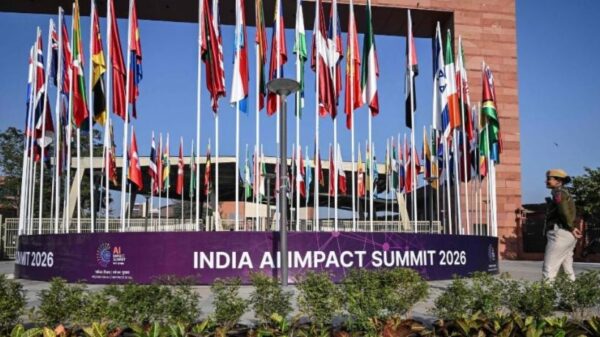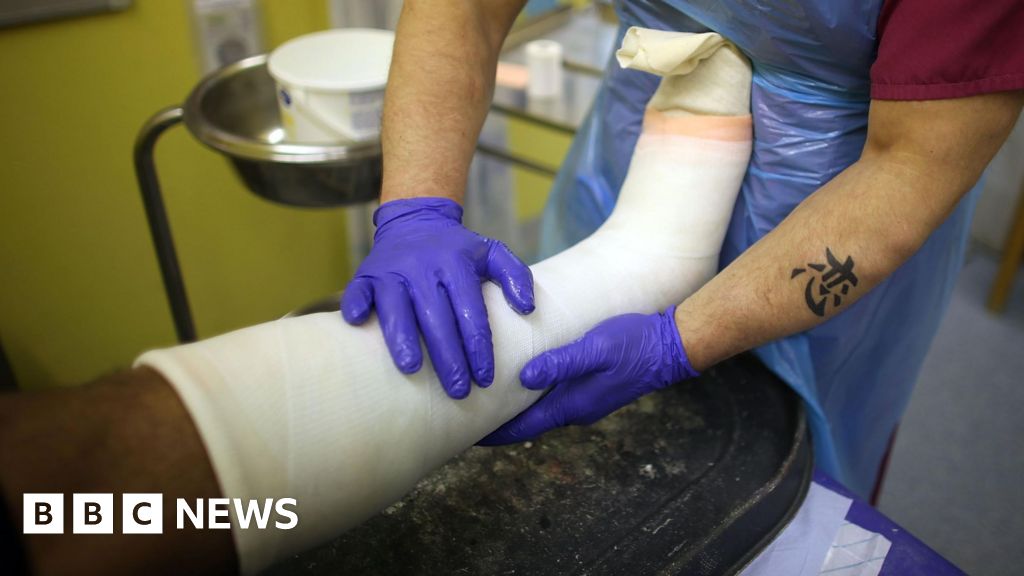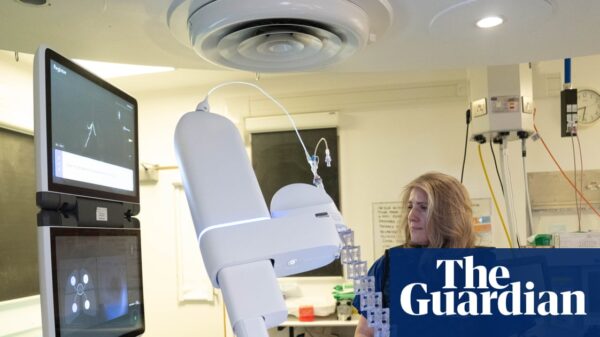Artificial Intelligence (AI) is set to revolutionize how hospitals diagnose fractures and dislocations thanks to a new pilot scheme initiated by the Northern Lincolnshire and Goole NHS Foundation Trust. This two-year trial, starting later this month, is part of an initiative by NHS England aimed at enhancing emergency care through advanced imaging technology.
In this pilot, AI software will function as a supplementary tool for clinicians, assisting them in the identification of potential issues more swiftly and accurately. Consultant in emergency medicine, Abdul Khan, expressed enthusiasm about the initiative, noting, “Making use of AI technology to assist in identifying potential issues has been shown to help to meet demand across northern Europe and we are excited to see if it has a similar impact here.”
Implementation and Scope
The Northern Lincolnshire and Goole NHS Foundation Trust operates hospitals in Scunthorpe, Grimsby, and Goole. During the trial, the AI software will not be utilized for patients under the age of two, nor will it be applied in inpatient and outpatient clinics, or for imaging of the chest, spine, skull, facial areas, or soft tissue. This ensures that the technology is used judiciously and ethically within defined boundaries.
Jake Bates, an advanced practitioner reporting radiographer, explained how the system works: “Alongside the standard image, the patient record will also contain a near-instant AI annotated version which will highlight any potential issues which the clinician may want to examine further.” He reassured that every x-ray would still undergo thorough examination by clinicians, who will ultimately determine the final diagnosis and treatment course for each patient’s case. This collaborative approach aims to enhance the efficiency of emergency care while maintaining a high standard of patient safety.
Benefits and Future Implications
The introduction of AI in emergency departments could significantly reduce waiting times and improve diagnostic accuracy, which is crucial in time-sensitive situations. The move aligns with a growing trend in healthcare where AI is increasingly leveraged to assist medical professionals in managing rising patient demands. The hope is that by integrating AI into routine diagnostics, hospitals can enhance their capacity to respond to emergencies while ensuring that each patient receives personalized care.
As this pilot progresses, it will be important to collect data on both its effectiveness and its reception among healthcare professionals and patients alike. The insights gained could inform future deployments of AI technologies across the healthcare sector, potentially setting a precedent for similar initiatives throughout the NHS and beyond.
This trial is not just a local endeavor; it signifies a broader shift in the healthcare landscape where AI tools are becoming integral components of clinical practice. As seen in various healthcare systems across Europe, AI has the potential to transform patient care delivery, making it more efficient and effective.
In summary, the collaboration between AI and emergency medicine at the Northern Lincolnshire and Goole NHS Foundation Trust is an exciting development that could redefine how fractures and dislocations are diagnosed and treated, ultimately aiming for better health outcomes for patients.
See also HPE Networking Unveils Agentic AI ‘Self-Driving Networks’ to Transform EMEA Hospitality
HPE Networking Unveils Agentic AI ‘Self-Driving Networks’ to Transform EMEA Hospitality AI Revolutionizes Airport Operations with Intelligent Tech Stack Integration
AI Revolutionizes Airport Operations with Intelligent Tech Stack Integration Google Launches AI Shopping Tools to Streamline Holiday Gifting Experience
Google Launches AI Shopping Tools to Streamline Holiday Gifting Experience Eli Lilly and NVIDIA Launch 1,000+ GPU AI Supercomputer for Drug Discovery Innovations
Eli Lilly and NVIDIA Launch 1,000+ GPU AI Supercomputer for Drug Discovery Innovations Sakana AI Secures $135M Series B Funding, Valued at $2.65B for Japanese Market Expansion
Sakana AI Secures $135M Series B Funding, Valued at $2.65B for Japanese Market Expansion





























































